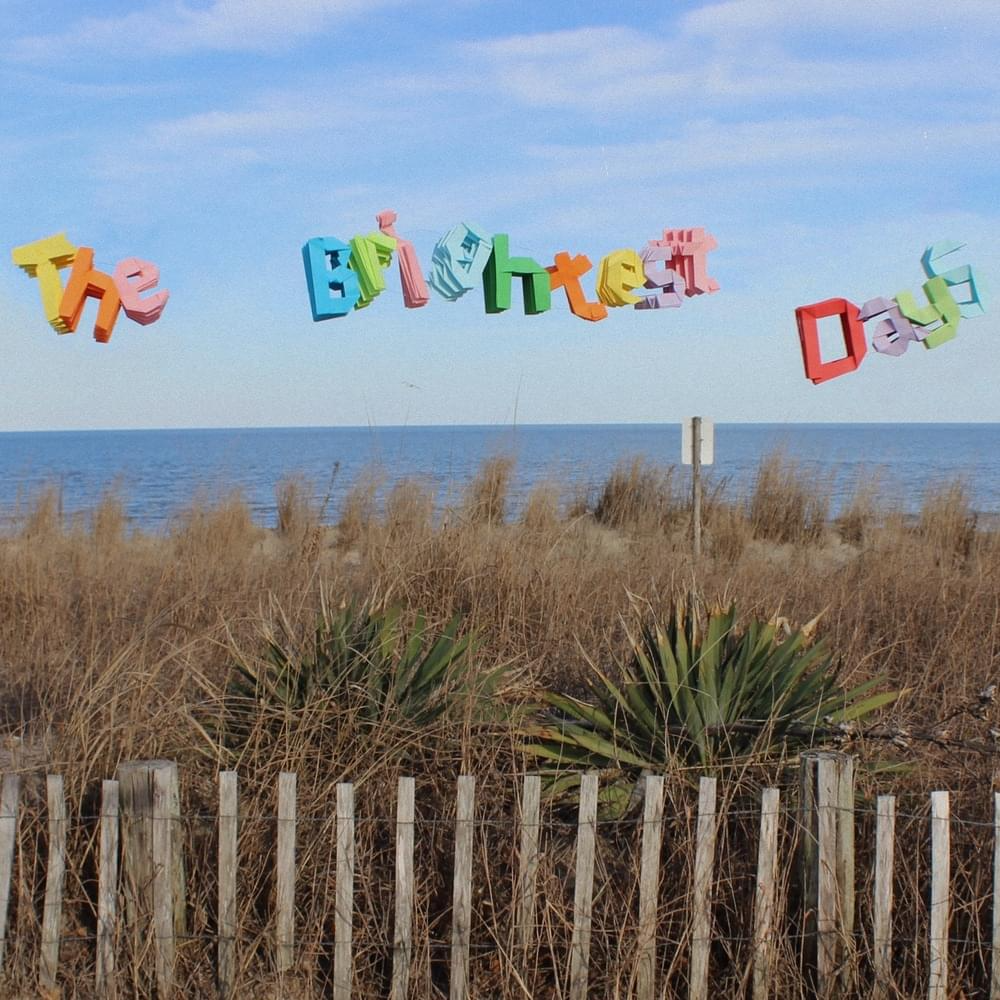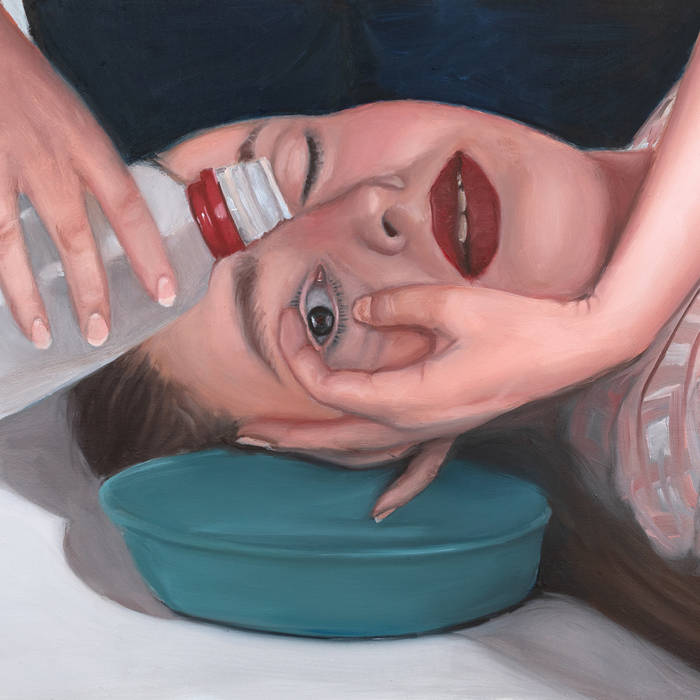Josaleigh Pollett – In The Garden, By The Weeds | Album Review
/Self-Released
Pop music is limitless. It’s how Phoebe Bridgers can open Taylor Swift concerts or how Slash can revamp a Demi Lovato song. Somewhere at the center of that limitless energy is where In The Garden, By The Weeds exists. Josaleigh Pollett’s third album is an emotional and experimental pop record that could be aligned anywhere from Hop Along to HAIM.
Right up top, Pollett delivers one of the year’s best album openers in the form of “YKWIM” (“you know what I mean”), a song that begins with glitchy acoustic guitars and a clear lead vocal. But it’s not straightforward for long, with Pollet’s voice on the track’s namesake lyric pitched down abruptly. Crisp Boygenius-style harmonies follow in the pre-chorus leading into an unexpected but badass guitar passage. It’s one of the most compositionally layered songs of the lot, and shows the listener everything Pollett is capable of throughout the album. “I want to cry in the arms of somebody who knows me,” they passionately refrain.
“Empty Things” showcases Pollett’s best Postal Service nod, with the Ben Gibbard-esque phrasing down pat over the minimal electronic backing track. It’s elevated even further by Bly Wallentine’s instrumental contributions, notably the woodwinds that come in after the first chorus. This is one of the very few featured players on the album, as In The Garden was put together almost entirely by Pollett and bandmate/producer Jordan Watko. The duo weave their way through nine tracks that sound like they could have been crafted by an entire indie rock orchestra. Despite how instrumentally dense each song is, the singular vision makes this feel like something only an extremely imaginative singer-songwriter could calculate.
Lead single “The Nothing Answered Back” seems to have many of elements of indie greats embedded in its DNA. I hear nods to Shearwater, Austin’s baroque-folk-rock outfit that took an electronic turn on 2016’s Jet Plane And Oxbow. The sparse, cryptic synth-string section in the chorus recalls “Dilaudid” by The Mountain Goats, a track similarly powerful due to its vocals-and-violins juxtaposition. Owen Pallett, former Mountain Goats and Arcade Fire collaborator, is also a master of the style throughout his solo catalog, and that definitely sounds like a reference point here. “The Nothing Answered Back” is not the most obvious or pop-centric track here, so it’s a bold first cut to release, but it puts forth the entire album's boldness without shying away, and it totally works.
Pollett knows their way around a true blue ballad, creating tracks that are both raw and tender throughout the entire LP. The mostly acoustic “Not Easy, Not Forever” is a prime example, with Pollett keeping their vocals reserved to ensure the lyrics are at the forefront. “I only feel present when I am alone. It’s starting to make me lonely. Can’t get enough sleep when it’s all I do. Why get out of bed in the morning?” they open, a sentiment I know is shared among many people.
The song also has the album’s second mention of a “garden” as a thematic centerpiece, following “cinderblocks.” That track was released last year without being tied to an album rollout, but wound up prophetically giving this record its name. “Everybody thinks they know a fix for what we’ve seen. Take this picture, ain’t she lovely? In the garden, by the weeds.” Gardens, much like the self, need consistent care and treatment, and everyone’s got a few weeds in them that don’t make the garden any less appealing. Between the fuzzed-out vocal harmonies and the swelling production, it’s one of my favorite tracks on the album. It’s easy to hear a parallel to some of the softer moments on Lucy Dacus’ last album Home Video, but I consider it a testament to Pollett’s craft that they’re able to exist in that same space without trying to usurp or replicate it.
Bly Wallentine returns on “Earthquake Song,” this time on pump organ, adding a unique flavor to the track. When Pollett and Watko need to bring an extra player in, it feels like a meticulous choice to lock in just the right addition. This song actually has the largest personnel on the entire album, being rounded out by guest vocalists Nicole Canaan and Aisling. With that in mind, it would be assumed to be the “biggest” sounding track here. That distinction still goes to “YKWIM,” but “Earthquake Song” is a close second.
The big songs and well-placed features don’t end there, but fully culminate with the album’s triumphant closer, “July.” Ryan Shreeve provides the only live drums on the album, and they’re well-placed to cap In The Garden off alongside the synth-heavy instrumental. We also get the final lamentations on the garden theme: “I’m pulling up weeds, and I planted a tree. But it feels like my heart shape has changed. And I know that things won’t be the same. I drink enough water, and I let myself cry. Do you think that’s all right? I hope that’s all right.” Pollett recognizes there are some things about the self that can’t be changed, and it certainly is all right.
In The Garden, By The Weeds is a poignant indie popera with no emotional holds barred. Josaleigh Pollett lets their thoughts and feelings bloom on every song here, whether in self-reflection or self-deprecation. It’s all presented as one of the most honest and individualistic singer-songwriter albums of the year so far, and what should hopefully be seen as a career milestone for Pollett in the coming years.
This review is dedicated to Rudo.
Logan Archer Mounts once almost got kicked out of Warped Tour for doing the Disturbed scream during a band’s acoustic set. He currently lives in Rolling Meadows, IL, but tells everyone he lives in Palatine.














